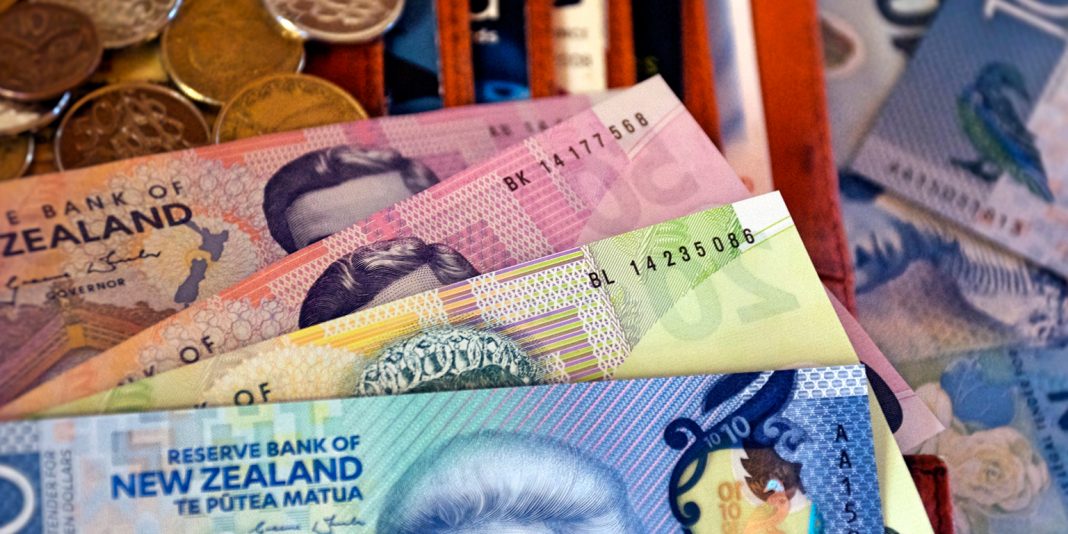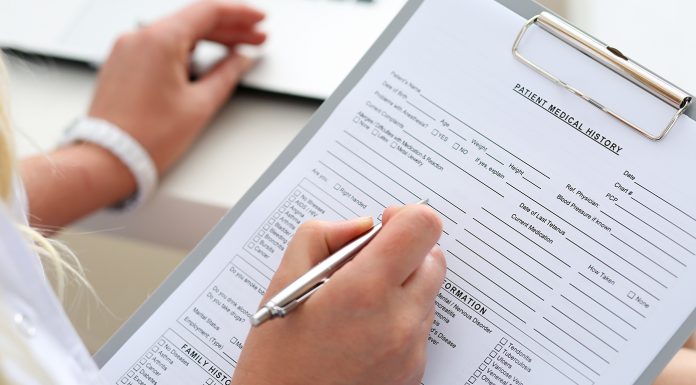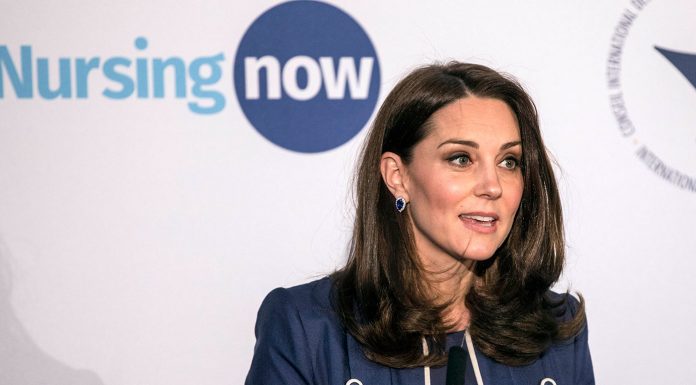Health Minister Jonathan Coleman said the biggest health increase in 11 years would take the health budget to $16.7 billion in 2017-18.
The biggest ticket items making up the budget increase are $279 million for the pay equity settlement for care and support workers and an extra $439 million of funding for the 20 district health boards to meet additional costs driven by population changes, inflation and wage costs. The extra DHB funding is up on the $400 million allocated last year but less than the $580 million the Combined Trade Unions estimated was needed to maintain current services.
Budget 2017 also contains a contingency (not included in the Vote Health budget) for a new $25 million a year social investment fund to trial new initiatives in mental health.
Other Vote Health areas getting Budget boosts are disability services ($44M a year plus $3.3M for the Enabling Good Services demonstrations), Pharmac ($20M a year), Primary health ($9.5M a year), the National Bowel Screening Project rollout ($7.2M this year), double-crewing of ambulances ($8.5M this year growing to $17M in 2020), elective surgery ($6M a year), assisting water fluoridation ($3M a year) and contraceptive services for low income women ($1.3M a year) and compensation to support live organ donors ($700,000 a year).
There is a small budget increase for Health Workforce New Zealand of $1.9M a year but it is targeted to pay for increased numbers of people receiving vocational medical training and there is no mention of ongoing support for the nurse practitioner training programme.
Vote Health total funding
The Vote Health operating budget has been boosted by $825 million and when combined with capital expenditure the Government plans to spend $16.7 Billion on Vote Health in 2017-18 – up on the $16.1 Billion budgeted last year.
District Health Board funding
Extra $439 million in 2017-18 to help the 20 district health boards meet additional costs due to population growth, wage costs and inflation. Up on the extra $400 million last year but below the $580 million the Combined Trade Unions estimated was needed to maintain current services. ($25 million of the increase is targeted to meeting increased mental health costs and DHBs are also expected to inject an additional $11 million into Pharmac’s budget this year.)
Equal pay settlement
Funding to implement the pay equity settlement for care and support workers (Government allocated $279 million in 2017-18 rising to $377 million extra in 2019-20 and then dropping to $356 million)
Disability Support Services/Enabling Good Lives
An extra $44.5 million a year to support the ongoing delivery of services – from community-based to residential and compulsory care – for disabled New Zealanders.
An additional $3.3 million to continue the Enabling Good Lives demonstrations in Christchurch and the Waikato. (The Budget also mentions appropriating an additional $4.3 million this year for Enabling Good Lives to be used to ‘transform’ the current disability support system starting with the Mid-Central region while continuing the Christchurch and Waikato demonstrations.)
Mental Health (see other story)
Primary Health
An extra $9.5 million a year to meet additional costs in delivering the Care Plus, Free Under 13s, Very Low Cost Access and System Level Measures services due to the population growing and ageing.
Well Child and other national child health services
No new funding announced in this Budget but previous year increases will see funding increase from $83.5M this year to $85M next year.
Pharmac
Extra $20 million a year to allow more medicines and treatments to be publically funded. (A further $11 million to come via the DHBs.)
Ambulance
$8.5 million this growing to $17.5 million towards supporting double crewing of road ambulances and maintaining air ambulance services to help meet increased demand. (ACC is also contributing.)
Bowel Screening Project roll-out
An extra $7.2 million this year to help roll out the national bowel screening programme which will get underway in Wairarapa and Hutt Valley DHBs in July this year and during 2017-18 extend to Southern and Counties Manukau DHBs. The Minister announced an additional $38.5 million over four years – $26.1 million of new funding and $12.4 million set aside in contingency.
Contraceptive services for low-income woman
$1.5 million this year rising to $6 million in 2020 to provide free access to contraceptive consultations (including free insertion and removal of long-acting reversible contraceptives) for low-income women. Also to fund improved contraceptive counselling and prescribing rates through developing guidelines and training for primary care providers.
Ministry of Health funding
Funding allocated in Vote Health for the Ministry of Health services decreased from $178.1 million in last year’s budget to $177.3 million.
Some other health related Budget funding
Mobile Health Clinic (Vote Māori Development)
One-off $1 million funding for a mobile health clinic(s) to help improve health access and outcomes for whānau in rural communities.
Expansion of Family Start (Vote Vulnerable Children/Oranga Tamariki)
$5.76 million this year growing to $8 million in 2020 to expand the intensive home visiting service, Family Start, nationally to all eligible families. Includes costs for additional families and subsidies for families to access to early childhood education
Emergency Housing (Vote Social Housing)
$42 million this year ($155 million over four years) to help secure emergency housing places and associated services.
Housing the homeless (Vote Social Housing)
$1.7 million this year rising to $6.5 million in 2020 to support a Housing First approach to helping the chronically homeless to find housing (social or private) and support services that help address underlying issues behind their homelessness
Ex-prisoner housing (Vote Social Housing)
$1.1 million this year rising to $5.5 million in 2020 to provide social housing and support services to ex-prisoners






















